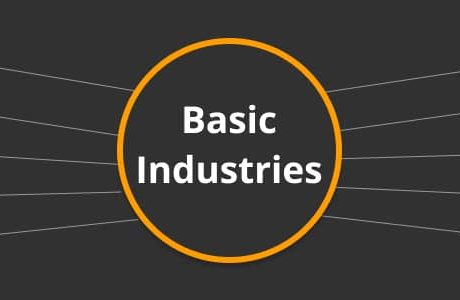It is common to ask for professional career advice in the modern job market. Many job seekers want to improve their positions during the job search.
No matter what kind of work you are looking for: an online job, a startup, or a role in the writing business. Besides, many mentors want to share their earned experience and help applicants grow professionally.
Such a request for help does not have any specific format. You may ask any kind of mentor: a hiring manager, a career advice expert, or just a professional with a rich Linkedin profile.
When choosing a career advisor, do not limit yourself to a single option.
Do not be afraid to ask as many people as you can reach. Besides, you may ask for advice from people from parallel industries. You may get unexpected insights about how your career field works and what goals you may approach.
Several guidelines will help you politely ask required questions to your mentor for help and receive a positive answer.
4 Tips For Career Advice
1. Do Home Research

Before asking a mentor for help, you need to make necessary preparations. One of the best ways to receive adequate consultation is to attach your resume to the introduction email. It will help your mentor understand what you are capable of and what kind of advice they can provide.
You deserve a well-crafted resume, so contact ResumeService 24 to get satisfying results. This resume will not only help you attract your advisor’s attention but also pass ATS bots.
Modern resume-scanning software filters applicants according to certain criteria. Therefore, top professional resume writing services will help you match all your knowledge and experiences in an appropriate format. This bot-beating resume will aid you more than once in your career.
Besides the resume, you will need to research the field you are going to ask for a bit of advice. A correctly formulated question is half of the answer. You need to know precisely what you are asking for and what you cannot find.
You may consult with hiring managers or with people on career resources. Such clarification will help you to ask the question correctly. Another research that you should do is about your possible mentor.
Visit their Linkedin profile, and learn the area of their expertise. The more you know about your future mentor, the more you will get in a minimum amount of time. Preliminary research will save you and your mentor a lot of time.
2. Do Not Be Afraid

Asking for a piece of career advice may sound intimidating for some people. Taking someone’s time for your benefit and approaching high-rank professionals with this request may seem impolite.
Remember that professional consultation is a common practice. Many people are ready to provide such advice. If you approach such a request politely and strictly to the point, you will receive immeasurable help.
Competition in the modern job market is intense. You need any kind of help you can get. Job seekers who have gathered more information first-hand have an advantage over regular applicants.
3. Contact Via Email

E-mail is one of the most popular means of contacting a career advice expert. Your email should be short but informative. Here your resume will be in handy. In your mail, briefly introduce yourself, state your question and provide the necessary information. It may include:
- Your experiences.
- A cover letter.
- Relevant accomplishments.
Try to mention only important elements. You need to compress your correspondence into a page at max. People who deal with work email will likely answer a short e-mail than a lengthy essay. At the end of the letter, state how you will follow up and how you plan to stay in touch.
Finally, proofread and edit your message. Sending a poor-written letter will not make a good impression. You may resolve your question with e-mail correspondence or set a personal meeting.
4. Personal Meeting

Try to accommodate your mentor’s schedule when you plan a personal meeting. You need to help them to help you. Choose a fitting date and suggest an audience. You want to keep it short. If you ask for twenty minutes, you will arrange a consultation more luckily.
During the meeting, do not spend time on small talk. You have gathered to discuss business, and you should not take more time than necessary. Naturally, we do not exclude general politeness but try to keep the conversation in one direction.
It would be nice to ask what you can do for your mentor afterward. Usually, professionals help you invest in your career without expecting something in return. Yet, it would be polite to offer your service or help to your advisor.
Finally, do not forget to thank your career advisor. A short follow-up letter will be a proper courtesy from your side. Also, follow-up letters are a good communication point to continue your professional relationship.
Final Tips
Do not be discouraged if you do not get the professional help you want. Or if you received a decline to your request. It does not mean that you were impolite or violated any rules. There are many factors that you cannot control during career research.
Therefore, try to acquire as much professional help as you can. Ask for help from different people and diverse resources. The more you practice receiving career advice, the more versed you will become in professional communication.
Additionals:






















